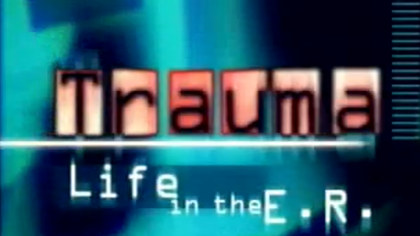1) Go around and introduce yourself to everyone who seems free when you first get there. The ED can be a busy place, with lots of people coming and going. Either they won't care or they will come find you to show you something interesting later.
2) Finding one or two people to shadow is probably better than doing everything, as they can explain what is going on. Usually a semi junior person is good. Really senior people are more jaded (although some love teaching, and know everything, including what/how to teach), and really junior people are still learning themselves, so are stressed and busy.
3) Try to learn about EKGs a bit before you go. Almost every patient will have one or at least a heart monitor, so it's something you can actually observe. You can look online about some of the basic ways to diagnose a heart attack, and do some online quizzes, etc.
4) Put some cliff bars or something similar in your pocket or bag. There may not be a good place to put a backpack, except under a desk, so don't leave anything valuable in it, busy EDs can be enriched for criminals. Just snacks and a water bottle or something with caffeine if you need it. If you don't have a white coat, pants like cargo pants with pockets might be good.
5) Eat a good, full meal before you do your shift (see #6).
6) If you feel faint, be aware, tell people right away, and try to sit down, even on the floor. You don't want to become a patient. It's super common, and I know a neurosurgeon who fainted the first time he shadowed in the ED.
7) I like to keep my size clean gloves in my front pocket, but that might tempt you to touch something and get in trouble.
8) If it's slow, just talk to people: nurses and doctors alike. Ask about things like how to diagnose stroke, MI, PE, sepsis/shock, broken bones, etc. Ask about patient flow and what things on the big board/display mean. Just ask a bored person what they most commonly do. You won't be bored if you're learning something.



